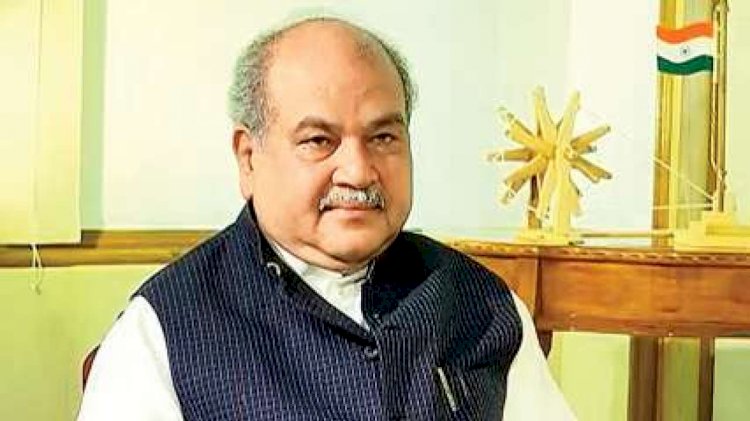Govt hikes MSP for various kharif or summer-sown crops by up to 62%
For Printing Download Epaper from files section from bottom of this page

New Delhi: The Union Cabinet has raised minimum support price (MSP) for a range of summer-sown crops, increasing them by up to 62%, in keeping with a policy to offer farmers at least 50% returns over costs of cultivation, farm minister Narendra Singh Tomar said at a media briefing Wednesday. The government usually raises minimum support prices of crop twice a year, once ahead of the winter-sown or rabi season and the second time for the summer-sown kharif season that usually begins in June.
MSP is a federally determined floor price for crops aimed to avoid distress sales by signaling a minimum rate for private traders. The government, through the state-run Food Corporation of India, buys quantities of cereals from farmers at MSP rates and distributes them to beneficiaries via the public distribution system. The MSP raise, which tends to largely benefit cereal growers, comes amid ongoing protests by farmers who want the government to scrap three agricultural laws enacted by the Narendra Modi government.
The agriculture minister said the government had not closed the doors on negotiations with farm unions and was willing to talk to them. “We had 11 rounds of talks. We want the farmers to point out specific objections in the legislation. Neither any Opposition leader in the House (Parliament) nor farmers could come up with anything specific,” Tomar said. Among key crops, the MSP for paddy has been raised from ₹1,868 to ₹1,940 a quintal, while the rates for coarse cereals jawar and bajra were hiked by ₹118 to stand at ₹2,738 and ₹2,250 respectively. The prices of pulses such as urad have been increased sharply by ₹300 to stand at ₹6,300 a quintal.

 Active Times
Active Times 

















